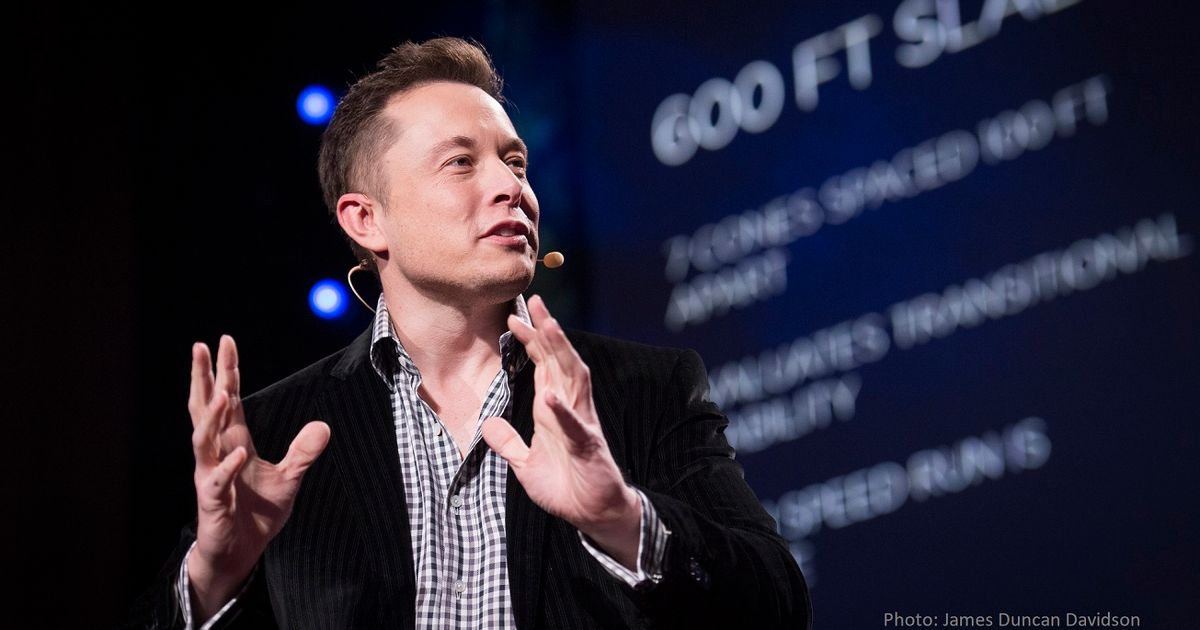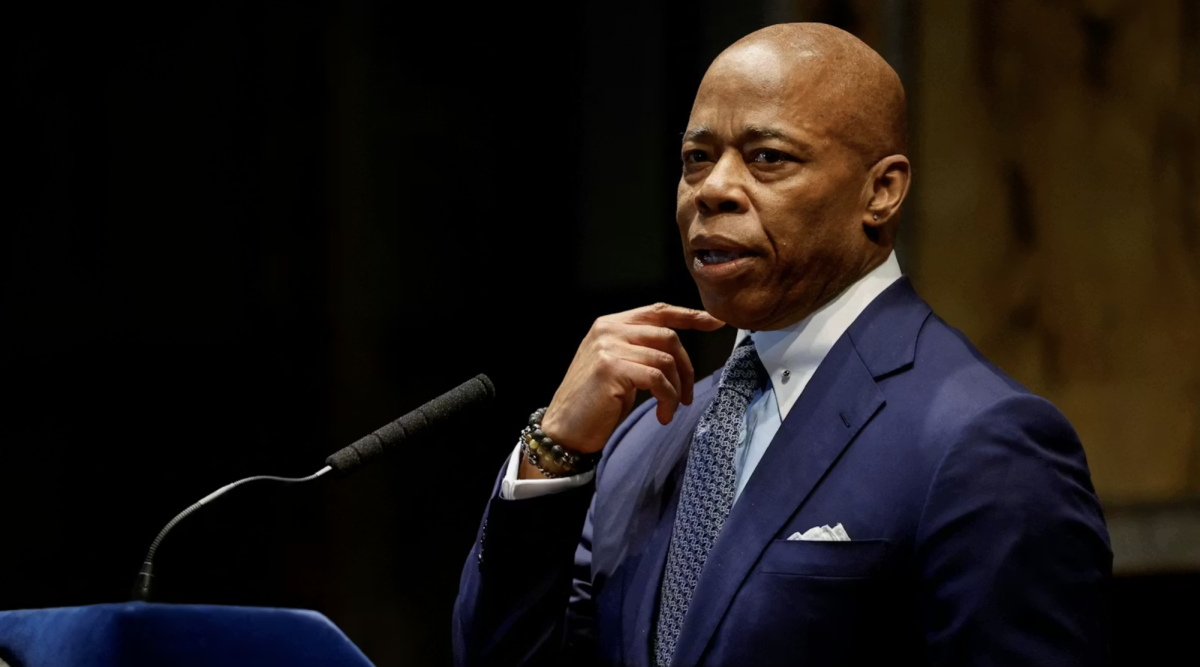The artificial intelligence community is bewildered by Elon Musk’s recent endeavors. More than just a corporate maneuver, his quest to acquire OpenAI Inc. represents a fundamental conflict in the realm of AI.
Musk is concerned that OpenAI has strayed from its initial nonprofit goal, valuing profit above the general welfare. Musk has frequently warned about the potential risks of AI. Still, his $97.4 billion offer has raised questions about whether he is sincerely trying to safeguard the future or is just attempting to regain a position he previously gave up.
Now, OpenAI must decide whether to remain committed to its nonprofit goals and allow Musk to alter the company’s direction.
Musk has offered to withdraw his $97.4 billion offer as long as OpenAI continues to operate as a nonprofit. According to AP, Musk’s legal team claims that the company’s transition to a for-profit business model contradicts its initial goals and presents serious legal and regulatory issues.
On the other hand, OpenAI contends that obtaining significant funding is necessary for the development of AI and that maintaining its existing structure is crucial to staying competitive in this quickly evolving market.
It seems that Musk is preparing to reclaim command of the AI company he co-founded. Since his own AI company, xAI, is now competing with OpenAI, some wonder if his worries stem from morality or from wanting to eliminate a strong rival without going to war.
OpenAI’s reluctance to sell is a statement of autonomy rather than mere corporate disobedience. Through major investments, strategic alliances and creative research, OpenAI must evaluate whether it is genuinely driving the future of AI or sacrificing its core values.
Furthermore, Musk’s legal action raises more general concerns about AI governance.
While commercialization may be unavoidable for scientific advancement, continuing AI development under nonprofit frameworks might ensure ethical improvement.
OpenAI has the potential to establish a precedent by encouraging the industry to put accountability ahead of profit if it stays loyal to its nonprofit foundation. This case may have an impact on future organizational structures for AI companies.
It’s ironic that Musk, who founded xAI to hasten the development of AI, is now advising OpenAI to slow its pace and maintain nonprofit status.
Whether Musk is a visionary protecting the purity of AI or just a leader attempting to hold onto power is still up for debate.
Overall, there is no denying that the discussion extends beyond OpenAI. The stakes involve the future of AI, the power struggle that will shape its trajectory and the delicate balance between control and progress. Whether Musk is AI’s greatest disruptor or its most resolute defender will become clear as further events unfold.







